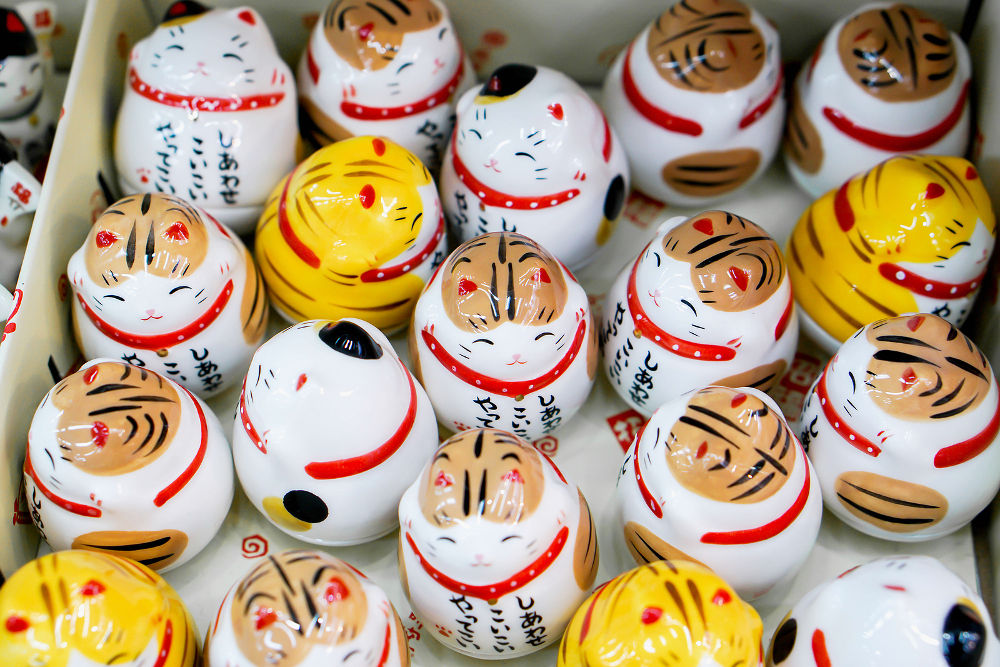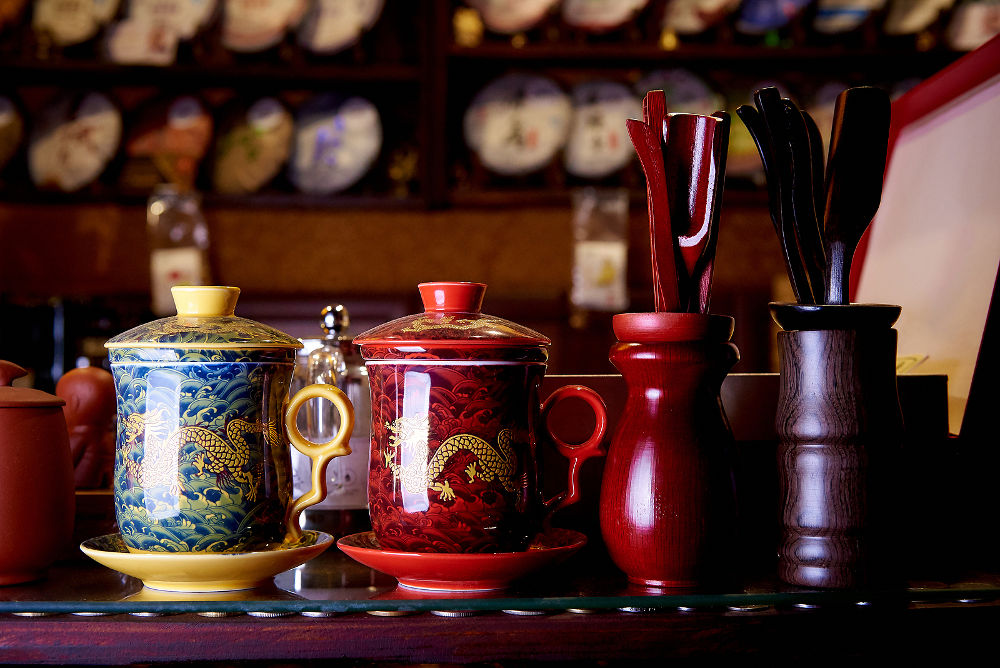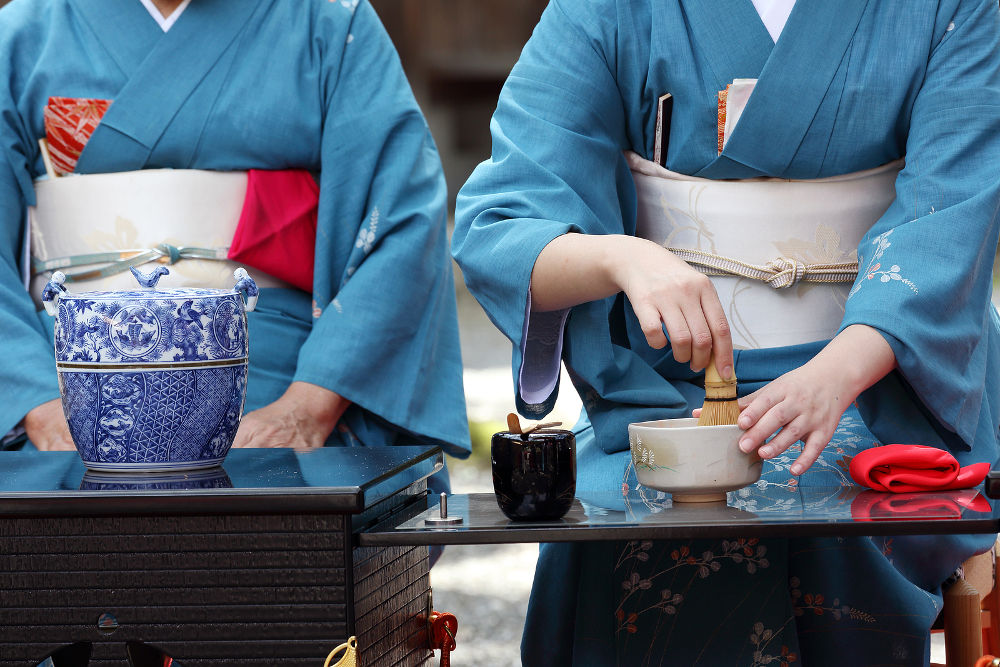The gift-giving culture is beyond materialistic in Japan – it weaves unsaid words, cultural values, and social graces together. While Western customs typically place a premium on individual expression and preferences, Japanese gift-giving is firmly anchored in “omoiyari,” a complex idea encompassing empathy, thoughtfulness, and consideration. It is the cornerstone of societal harmony, fostering ties of gratitude and duty among neighbours.
In contrast to Western customs, which place more value on surprise and personal preference, Japanese gift-giving practices emphasise the act of giving and the message it conveys. Unspoken cues such as the selecting, presenting, and delivering Japanese gifts express the giver’s regard, appreciation, and awareness of the recipient’s social standing and interpersonal dynamics. This meaningful gift-giving tradition in Japanese culture also reinforces social norms and fosters connection.
The significance of gift-giving in Japanese culture
Japanese gift-giving extends beyond simple courtesy. Its foundational notion of “omoiyari” represents the capacity to recognise and foresee the needs and feelings of others, putting their welfare and social standing first.
This translates into gift-giving customs in which the selected object serves as a material symbol of the giver’s comprehension and concern. Each component communicates a more profound meaning than the item itself, whether a thoughtfully chosen seasonal treat that shows awareness of the recipient’s preferences or a beautifully wrapped gift that demonstrates respect for their social standing.

Giving gifts is also important to maintain relationships and fulfil social obligations. In a culture that emphasises cooperation and harmony within the group, showing gratitude and fostering good relationships are critical.
Seasonal gatherings such as “ochugen” and “oseibo” offer official occasions to express gratitude for favours received and to fortify relationships with coworkers, superiors, and relatives. These interactions, which may entail small gifts, strengthen social roles and promote a feeling of community.
Giving gifts is a custom that goes beyond holiday customs to commemorate important life occasions. Gifts are given at weddings, graduations, and housewarmings as tokens of happiness, encouragement, and best wishes for the recipient’s future pursuits. In all cases, giving strengthens ties and emphasises the communal aspect of Japanese society, going beyond the item’s material worth.
Unwrapping the layers of meaning in Japanese gift-giving
When giving a gift in Japan, the item of choice becomes a carefully thought-out message. Every object has an innate meaning that reflects the giver’s understanding of the recipient’s age, social status, and interpersonal dynamics. A handcrafted toy for a child could represent well wishes for their growth and happiness, while a gift of fine tea left to an elder could symbolise respect for their knowledge and tradition.
Even seemingly insignificant objects, such as in-season fruits or flowers, symbolise wealth, health, or rejuvenation.
The object’s quality and presentation function as additional levels of communication on top of its inherent meaning. Choosing fine, well-preserved goods shows the giver’s dedication to maintaining social norms and respecting the recipient. Carefully planned presentation enhances the experience even more.

Gift wrapping, or “tsutsumu,” is an art form that showcases the giver’s commitment and attention to detail through delicate folds and embellishments. Every fold and flourish can communicate subliminal messages, such as happiness, respect, or regret.
Manners and etiquette largely orchestrate this unsaid communication. Giving a gift with both hands while bending slightly signifies deference and modesty. Sincere expressions of gratitude, both spoken and nonverbal, emphasise how heartfelt the gesture is. It’s interesting to note that the recipient may at first decline the gift due to modesty, needing mild prodding from the giver before accepting it. This seemingly incongruous action highlights Japanese culture’s emphasis on social hierarchy and humility.
But the conversation doesn’t stop there. The idea of “on” (thanksgiving debt) demands a response. When you accept a gift, you must return the favour later. Through reciprocity, relationships gradually strengthen and promote an ongoing cycle of appreciation. The skill of returning favours is selecting a gift equal to or slightly more expensive than the original contribution, exhibiting careful thought, and upholding the harmony of the relationship.
The real significance of Japanese gift-giving can be unlocked by comprehending these levels of meaning. It turns a straightforward deed into a multifaceted tapestry woven with appreciation, respect, and unspoken communication, strengthening social ties and highlighting the centrality of “omoiyari” in Japanese culture.
Exploring authentic experiences beyond souvenirs
Going beyond the typical souvenirs, such as fridge magnets or keychains, provides a window into the core of Japanese tradition, even though they have little cultural value. Look for distinctive, regionally produced gifts that showcase the artistry and inventiveness of the area and tell a tale. Choose lacquerware from Ishikawa with intricate designs, silk scarves woven in Nagano, or exquisite handcrafted pottery from Kyoto. These presents reflect the spirit of the surrounding areas and demonstrate the giver’s admiration for genuine Japanese culture.

Think about offering cultural encounters as gifts for a truly immersive experience. Purchasing tickets for a traditional tea ceremony gives you an insight into the practice of hospitality and mindfulness. A calligraphy workshop allows the recipient to work with a beloved art form and craft a unique keepsake. They can treasure and share traditional music and dance performances, strengthening their bond with Japanese culture.
Giving a gift that supports small businesses and local artists gives it even more significance. Selecting handcrafted goods from independent stores or markets helps to maintain traditional craftsmanship and directly supports the livelihood of talented people. This thoughtful strategy is consistent with the Japanese values of community and support for regional initiatives.
Final thoughts
When the many facets of Japanese gift-giving are removed, one finds a fascinating cultural tapestry woven with unspoken communication, gratitude, and respect. You can engage in this significant tradition with awareness and respect if you comprehend the meaning of “omoiyari” and know how to handle the subtleties of manners.
Go beyond simple mementos and look for presents that represent your knowledge of Japanese culture and strike a chord with the recipient. Select objects with thoughtful wrapping, exquisite presentation, and symbolic significance. Recall the importance of good manners and etiquette, such as bending gracefully and expressing gratitude sincerely. Accept the idea of reciprocity by giving thoughtful thanks in return.
You may create lasting relationships, learn more about the culture, and help save beloved customs by delving deeper than the surface and into the essence of Japanese gift-giving. This understanding journey reveals the real meaning of gift-giving in Japan: celebrating the common values of an interesting and distinctive culture, showing gratitude, and fortifying relationships.






















